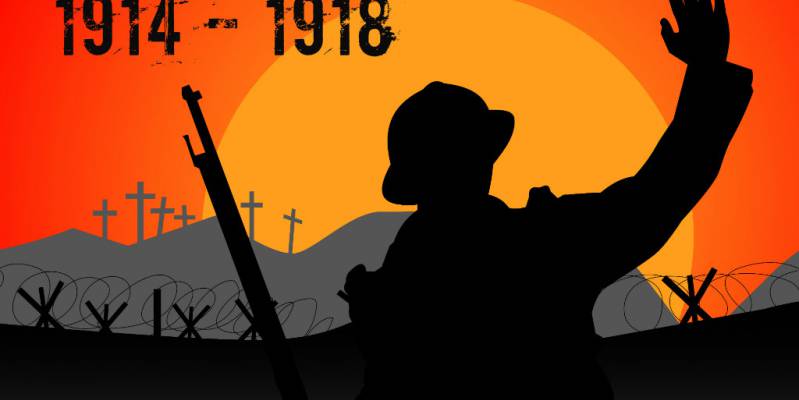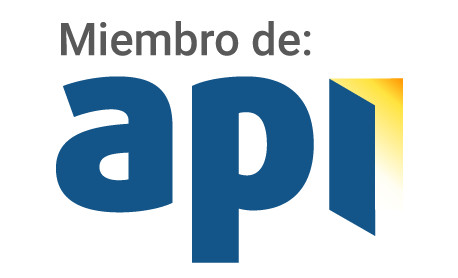News: The neutral Spain during the First World War

Like the Netherlands, Spain remained neutral during the First World War, but just like in the Netherlands, the war had a major impact on the country, the economy, politics and the inhabitants, as a result of which Spain lived isolated within Europe for a long time.
Spain was also linked to this period after the First World War because the country gave name to the Spanish flu.
Spain began years before the First World War in 1914 began the twentieth century as a "dying nation" as the British Prime Minister Lord Salisbury described the country in 1898. In the same year, in a war with the United States, Spain lost Cuba, Guam, the Philippines and Puerto Rico within a short period of time. With those losses, Spain lost its status as imperial power and Spain no longer belonged to the superpowers, which is also called "el desastre" in Spain.
Neutral
When the First World War erupted in 1914 Spain declared to be strictly neutral because, as the then Prime Minister Eduardo Dato wrote, Spain has a lack of material and the country was not prepared for a war.
King Alfonso XIII took on the role of a kind of arbitrator to personally ensure that a diplomatic center was set up in Madrid where, among other things, information was gathered about missing civilians and soldiers and where the repatriation of wounded soldiers was arranged.
Support to Germany
Despite the fact that Spain remained neutral, the Spanish army, the aristocracy and the church supported Germany because they greatly admired the German discipline. Germany knew that and bought newspapers in Spain in order to win the opinion of the Spaniards, which caused the First World War to penetrate a bit of Spain.
But besides the Germans there were also supporters of the Allies who were backed with British money. The Catalan nationalists and republicans were the fiercest supporters of the Allies, also because there was a historic connection with France.
Trade
Spain was indeed neutral but had to deal with the consequences of the war. The neutral status allowed Spain to supply both the Germans and the Allies with products, resulting in a first industrial growth. However, this growth was only visible in a few regions that were favorable in Spain, as a result of which the inequality in the country grew and there were tensions between population groups.
The economic situation deteriorated when German submarines sank ships from the Spanish merchant fleet, particularly ships to those ports known as ports of the Allies. Many people saw this as a declaration of war at the address of Spain in which Spaniards were also victims of the German actions. Due to the increase in inequality within Spain as a result of the war, riots, mutiny and popular protests became a common phenomenon because people were now taking to the streets out of discontent and anger towards the authorities.
Spanish flu
The Spanish flu or Spanish disease was a worldwide epidemic in 1918 and 1919 after the First World War where an estimated 50 million people died. In principle, this disease has nothing to do with Spain and probably comes from the United States.
It was called Spanish flu, because newspapers in the neutral Spain first reported and so it was called only Spanish flu. Initially the virus was not deadly, but that quickly changed. In Spain, where there was no war censorship among the media, the newspapers were very alarmed when several people died of the virus.
When the war ended in November 1918 and soldiers returned to their countries, they were festively welcomed all over the world. Because of these global mass meetings, the virus spread easily.
In the US 675,000 people died, in France 200,000, in England 400,000, in the Netherlands more than 40,000. Millions of people died in India and Russia. According to estimates, some 250,000 people have died from the flu virus in Spain. Thanks to this virus, life expectancy in Spain was reduced by 12 years.




